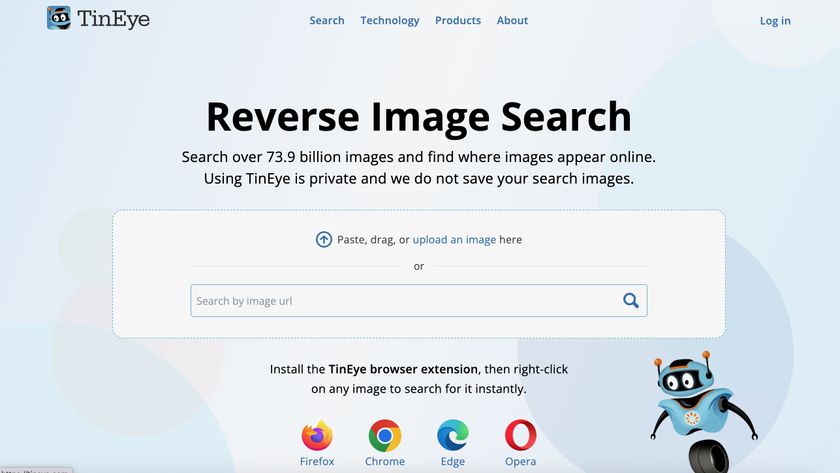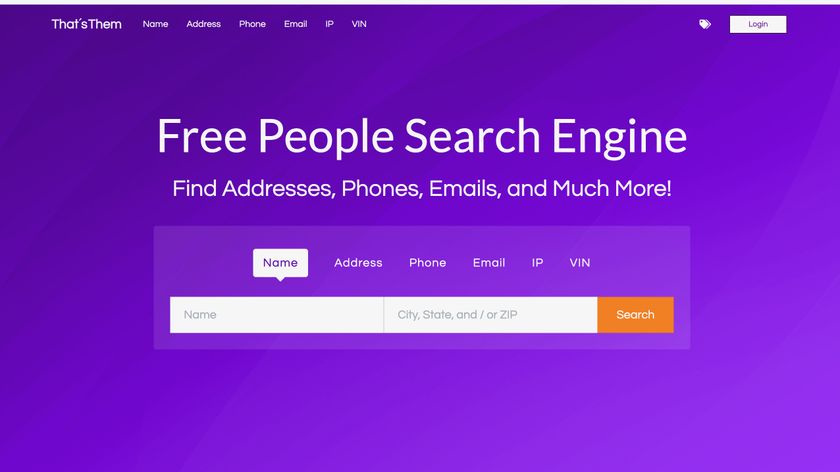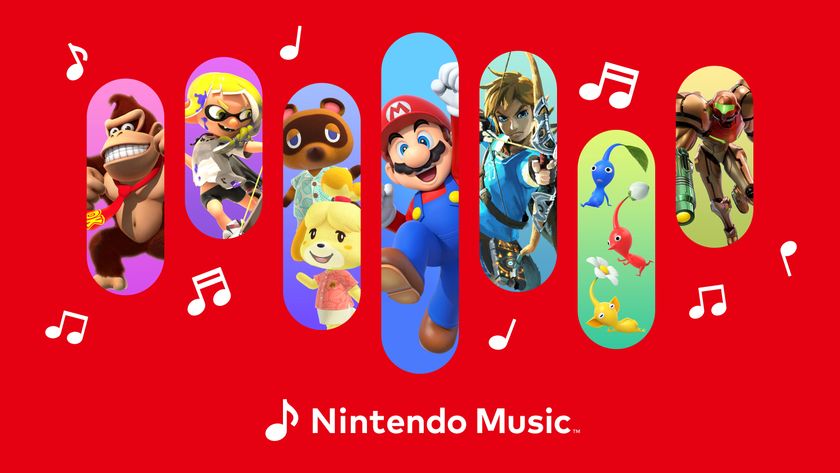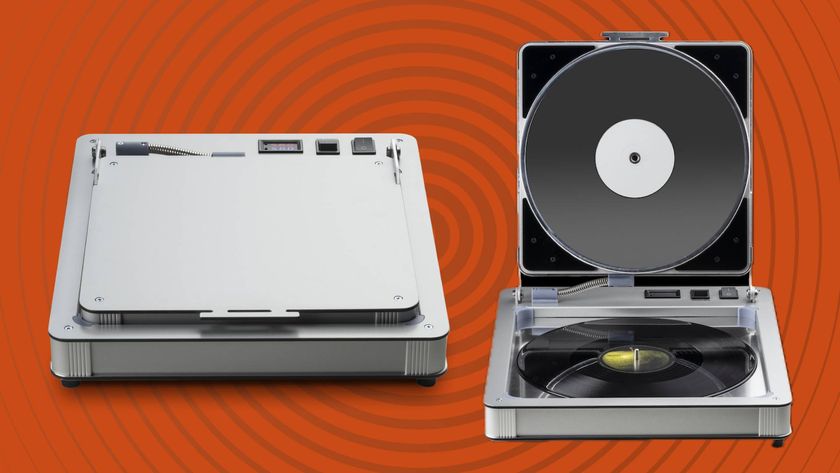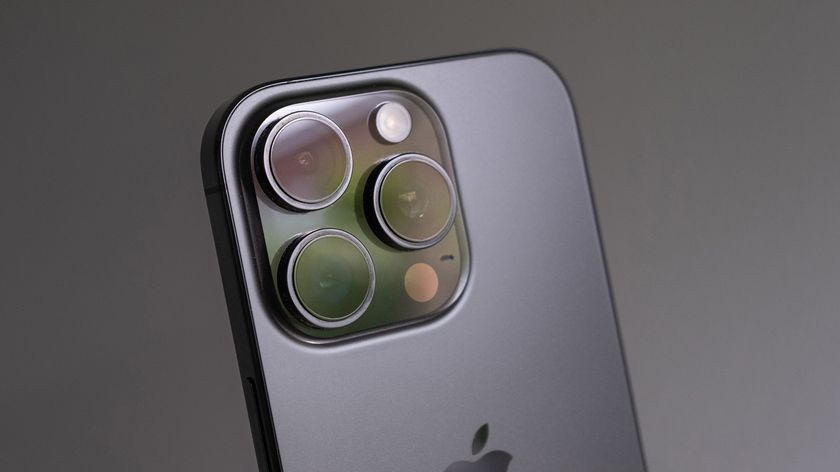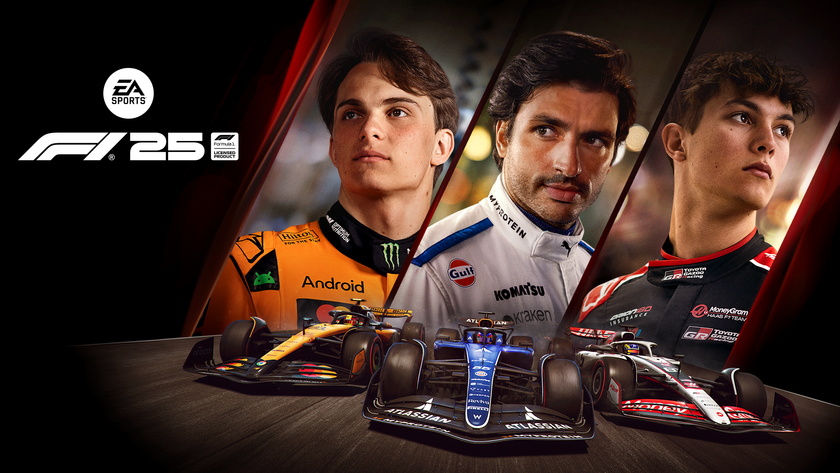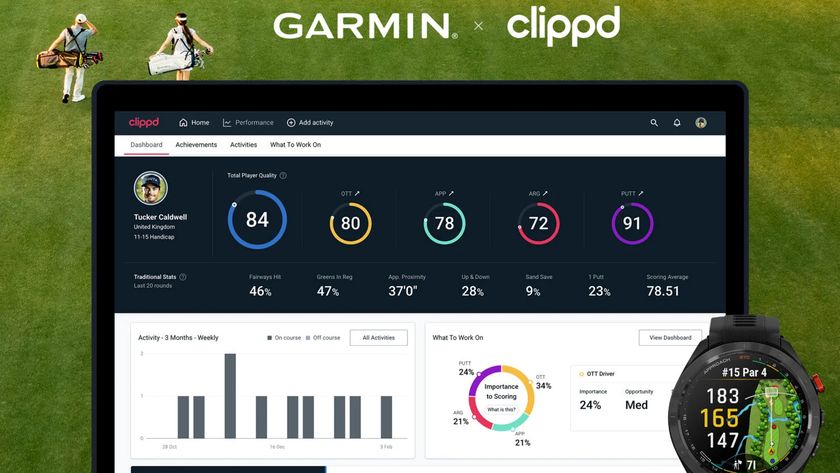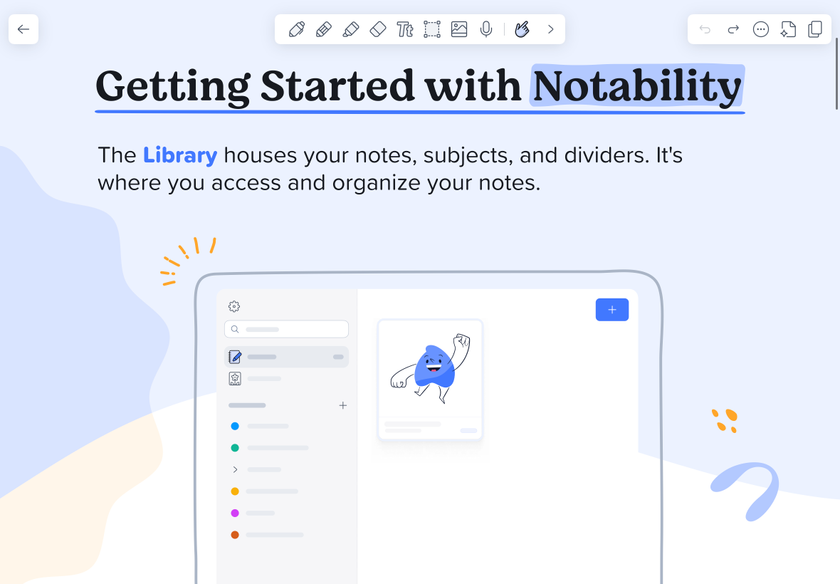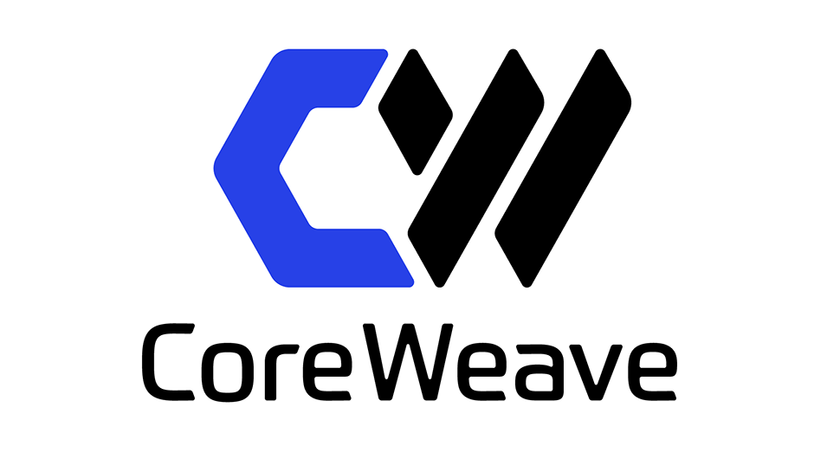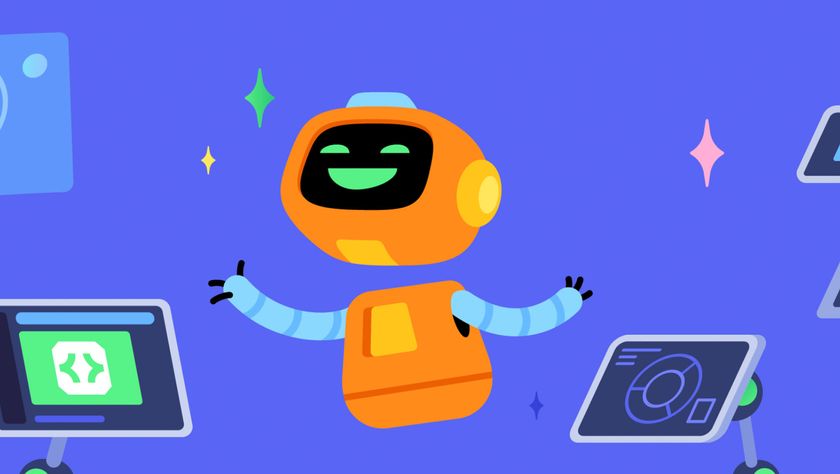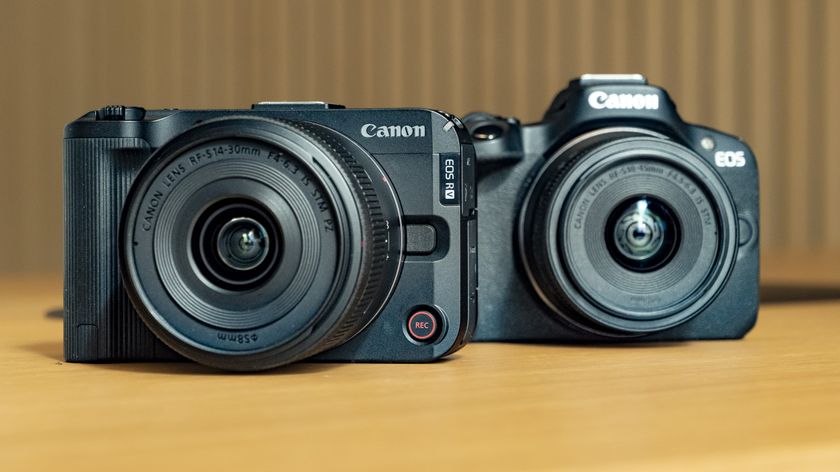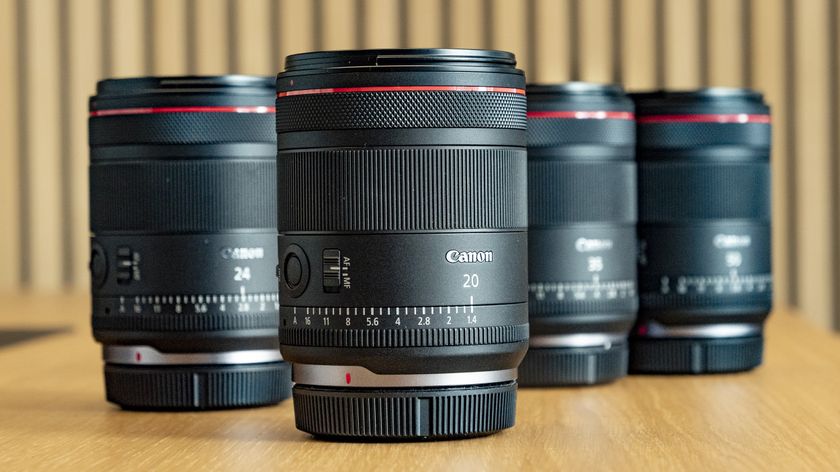Looking to the future after 10 years of Firefox
What's new with the browser, and what's coming...
TechRadar Pro: What will the web look like in ten years' time?
Johnathan Nightingale: There are four dominant trends that I see happening over the next ten years…
1. The rest of the world will come online: half of the world's population has come online and those who have yet to do so are coming online quickly. That pace is just going to accelerate. Initiatives like our own Firefox OS and others make it easier and easier to reach the web without having to buy a £600 smartphone. Ten years ago, the web was a product of affluence. In ten years' time we will be thinking about a web that is truly global in ways that were not possible ten years ago when Firefox started out.
That shift is going to be massive and transformative. Those who are coming online now will have different needs to those who are already here. That will create pressure for software to change and opportunity for new products and features to emerge that serve those new needs. We're excited to see it – it is a big part of why we are investing in Firefox on all platforms; we believe deeply in the value of having everyone connected to web.
2. More of life will happen online: When Firefox started, I had two connections to the web – one at work and one at home. Now I have dozens of things that are connected to the internet – phones and tablets with Wi-Fi, my Kindle has 3G, I have multiple computers and I'm just getting started. I don't have an internet-connected thermostat or fridge or vacuum cleaner but some people do already.
In ten years, everything is going to be connected and people will ask 'how do we organise our digital lives, how do we situate ourselves in the middle of this web of things and control it and understand it?' For Mozilla, it is a very real imperative to build tools and make it easier to manage our users' digital lives.
3. Data will get more complex: As these layers of connectivity emerge and more devices are connected, the way data is managed will get more complex. There will continue to be tension around whether that data is something that we can control or something we are victims of.
Are you a pro? Subscribe to our newsletter
Sign up to the TechRadar Pro newsletter to get all the top news, opinion, features and guidance your business needs to succeed!
This is another place that we have an opinion. At Mozilla we think that you should be in control and we're going to keep building tools that make those data flows more visible, that give you the ability to turn them off or add a notion of consent and indicate what you are not OK with. We're going to continue with our policy advocacy and continue to build technological proof that it is possible to make things in a way that respects the humans they serve.
4. The web as we understand it might go away: I don't mean that in the sense that cars will be replaced with better cars or fridges with better fridges. I mean that there are corporate interests in making sure that everything about how you get online and all of the apps you use to do so are controlled by gatekeepers. They have colourful logos and lovely design conferences but their business model, make no mistake, is to mediate between you and everyone.
These gatekeepers are going to try and create the most attractive, integrated stack of products that they can because that is how they make money. I don't fault them for making money but I don't want my life controlled by a company's profit model. I may be accused of catastrophising but I don't think that's a naïve way of describing it. It really is a threat.
People talk about apps versus the web, but the issue at hand is so much more than a sterile technological debate about whose stack will do a better job. The future isn't about apps versus the browser. It is so much more than that. It's a question of whether we will save the web as we know it, this global marketplace of ideas, where if you have a cool idea and if it is provocative you can change the world. This is going to keep being a problem unless users win.
TRP: What will the browser of the future look like?
JN: People have taken for granted a basic browser that can render the web faithfully and interoperate with other browsers and give them the things they are trying to get to – and that is good news. That's a big step.
When we launched Firefox 10 years ago, there was no guarantee that we would be where we are today.
Now, everyone is exploring the app space, but I want us to evolve the conversation in a different way. I think there is a real need for browsers to provide users with a deeper level of support. Think of it as a piece of software that is working for you, instead of just being a window onto the web content that is out there.
So, there's room for the browser to grow into more of a helper or trusted friend on the web that gives you choices in a way you can understand, and that anticipates what you might need while still doing all of that with the same rock solid performance you're used to.
There are many differences between browsing the web in 2014 and in 2004. This is obviously a big deal and that is how apps have entered into the conversation, but the bigger deal is the interconnectivity of devices and making sure that you can have a consistent web experience as you move between work and home or between a desktop machine and a smartphone.
TRP: What makes Firefox different to other browsers today?
JN: By every objective measure I can come up with – and I appreciate that I am not objective – I believe that Firefox is the best browser today. It is fast, beautifully designed and highly customisable.
Users are responding well to the changes we make on Firefox on desktop and we are also seeing massive increases in adoption of Firefox for Android. We are past 80 million downloads on Android.
Firefox is now the fastest on every benchmark, but I actually look for more from the products I love than their benchmark scores. Some other browser could come along with a surprising JavaScript speed or they could copy our design and be just as customisable, but none of them will ever be able to imitate us on our independence. We are running an independent game here and we are firing on all cylinders. People care that we have a mission, we have values – and no other browser can compete on that score.
If you look at our competitors, they are Google, Apple and Microsoft. These are all giant organisations with business models that are about driving you into their platform and keeping you there. Instead, what we are trying to steer you towards is the web – a grand, interoperable, globally accessible gatekeeper-free printing press of the modern age.

Désiré has been musing and writing about technology during a career spanning four decades. He dabbled in website builders and web hosting when DHTML and frames were in vogue and started narrating about the impact of technology on society just before the start of the Y2K hysteria at the turn of the last millennium.
